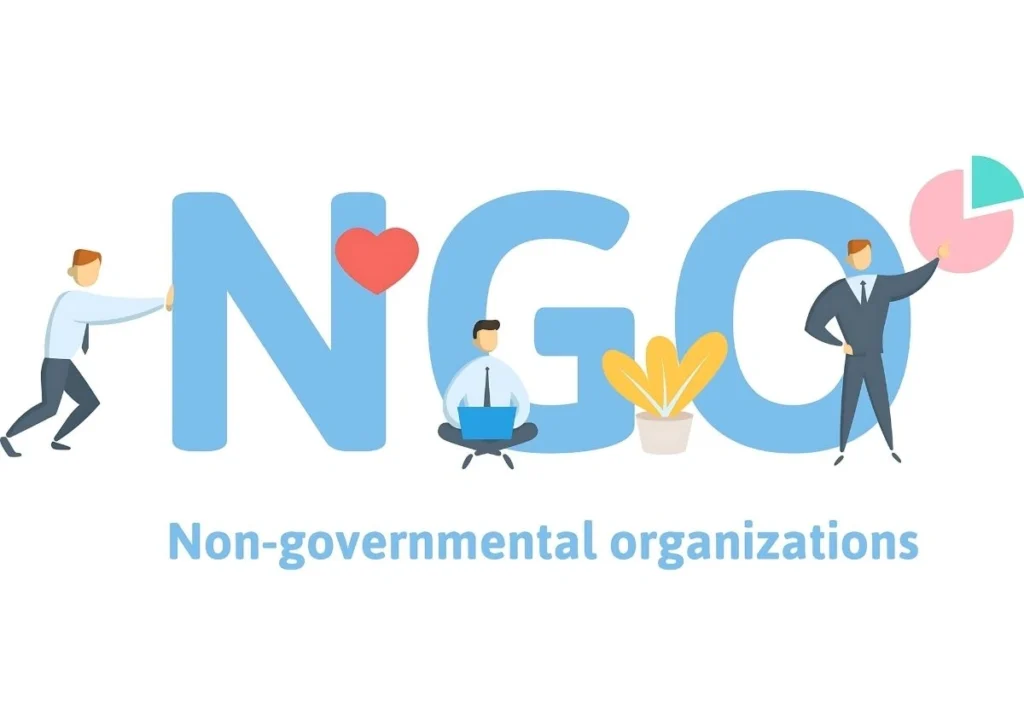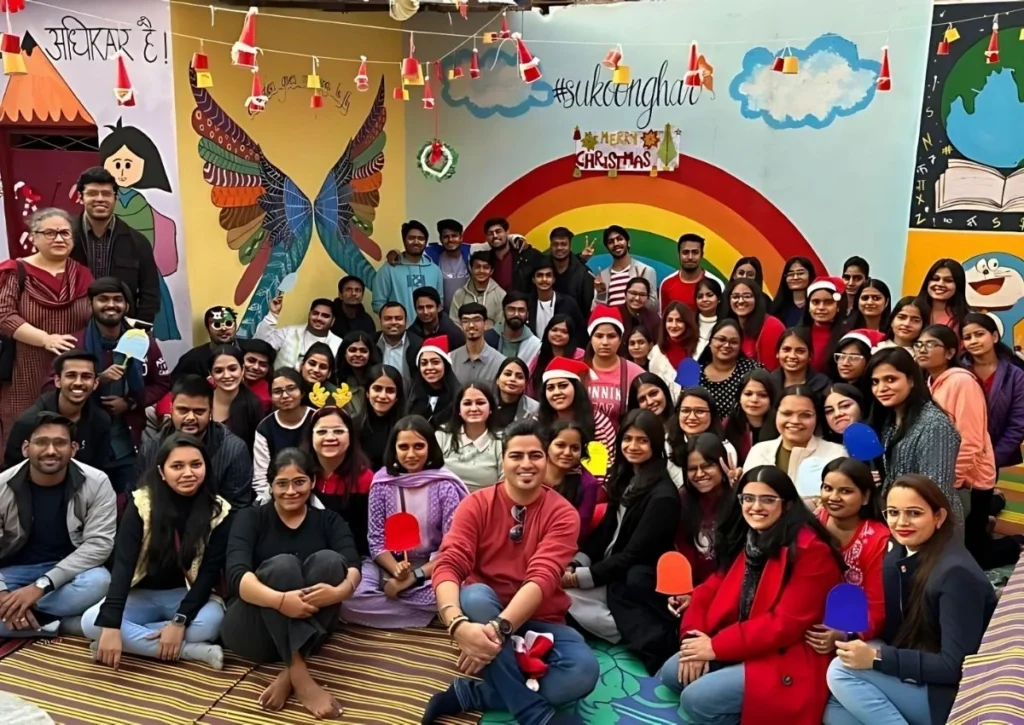Children of India see their aspirations and dreams fostered, their rights safeguarded, and their future enhanced. Apart from parent attention, the NGO is contributing in their own way to facilitate it.
Kids term these bodies as “Super-Heroes.” NGOs operate day and night to undo all the forces that deny a child the opportunity to grow, learn, and develop. Save the Children is also one of those super-hero organizations that help empower children to build a world where no child potential is thwarted by poverty, disease, or bias.
This article will describe how education in favor of non-governmental organizations (NGOs) and children’s rights assist their well-being as a whole by giving them healthcare, education, and security. In short, we will learn how these change makers fight for the rights of children and assist them in shattering the chains of misery. So let us start and take a glance!

Nonprofits dealing with education and child rights have numerous functions. They are the following:
Health and Nutrition: The NGOs cater to healthcare and nutritional needs of the children. Malnourishment and poor health hinder the physical and mental development of a child. They conduct health camps, nutrition programs, and immunization drives to provide access to good health and nutrition for children. Through the health and development of a child, NGOs attempt to enhance the well-being of the child.
Skill Development and Empowerment: Charitable institutions would likely organize life skills and vocational training for children as preparation for adulthood. Theater, workshops, and a whole series of activities help the children master critical thinking, communication, and their own problem-solving skills. Later, with the course of time, training is directed toward empowering the child to be independent and self-sufficient by making the child ready to confront issues and make right choices.
Access to Education: NGOs have one of the main functions of providing quality education to the children. Poverty, lack of infrastructure, and lack of facilities are some of the hardships which many children from poor communities have to wade through before education is possible. To address some of these inequities, child rights and education NGOs build schools, engage in after-school activities, and provide learning materials and scholarships. Through promotion of education, NGOs enable children to escape the poverty trap and create opportunities for their futures.
Child Protection and Rights: One of the most important functions of NGOs is the rescue of children from exploitation, neglect, or abuse. NGOs also support causes against child exploitation in all its shapes and forms, including human trafficking and child labor. NGOs are also engaged significantly in the provision of shelter for traumatized or abused children to provide care and counseling that facilitates their psychological and emotional healing.
Advocacy and Policy Influence: Child rights and education NGOs have their own means of mobilizing the advocacy for child-friendly legislations to influence government choices regarding children. NGOs can create and collect facts to present policymakers with compelling evidence that child development should, without a doubt, be number one on their agenda.
Community Development: Nonprofits cannot help but champion community development as a precursor to child development. They collaborate with the communities in identifying needs and crafting projects aimed at these needs. NGOs secure sustainability to a good effect on children by strengthening family support, community institutions, and child-friendly environments.
Disaster relief and Emergency Assistance: NGOs are at the forefront of providing emergency aid to affected communities and children in times of crisis, either natural disaster or conflict. In times of exigency, their response is immediate, and the child thus quickly obtains support and safety.
Measures NGOs can take in order to promote the development of children:
An important element of society is children’s development, and nongovernmental organizations (NGOs) have the main role in making sure that children are healthy and grow properly. NGOs may modify the following important measures for child development:

Source: Pehchaan The Street School
Education and Literacy Projects: Organizations may create education projects to offer quality education to children, particularly in deprived communities. In a move to enable children to make informed decisions for the future, such programs must emphasize both formal education and applied life skills.
Healthcare and nutrition assistance: The role of non-government organizations in promoting children’s rights and education is founded on the advocacy for the health and nutrition of children. For health promotion and hunger eradication, NGOs can organize medical camps, vaccination drives, and nutritious food provision.
Child Protection Services: NGOs need to place immense stress on child protection. They can maintain safe sites and telephone hotlines so that children may register complaints of exploitation, abuse, and violence. NGOs have to make effective efforts in collaboration with local government bodies to rescue and rehabilitate the children from risky environments as well.
Vocational skills and skill development: These programs can afford an opportunity for children in difficult situations or at-risk youth. They gain practical skills from this that can pave the way for a better career opportunity in the future.
Early Childhood Development: A future for a child is very well protected by concentrating on his/her early childhood development. In order to make parents and caregivers realize the significance of early learning and stimulation, NGOs might conduct parenting classes, early education interventions, and community campaigns.
Gender Equality and Empowerment: It is important to counteract gender disparities during childhood growth. NGOs for child rights and education can then guarantee the gender-equal empowerment of boys and girls by giving them more opportunity, health care, and education.
Sport and Recreation: Play, sport, and recreation cover the physical and mental uprightness of a child. NGOs can thus provide play, hobby clubs, and sports tournaments for improved social skills and physical fitness.
Community Awareness and Involvement: Child development programs can never be effective without community involvement. NGOs might hold workshops, awareness-raising campaigns, and community meetings so as to involve community leaders, teachers, and parents in this area.
Monitoring and Evaluation: In measuring program success and determining areas that should be developed, regular monitoring and evaluation need to be conducted. Project efficiency can be improved by NGOs collecting data and using evidence-based methods.
Wrap-up
“Save the Children” and other child development non-governmental organizations are our joint responsibility toward our youngest members of our global family. Their work is significant to create a brighter and more hopeful world where every child could thrive, dream, and attain what they wish.
Also check:- Navratri: The Nine Nights of Divine Feminine




